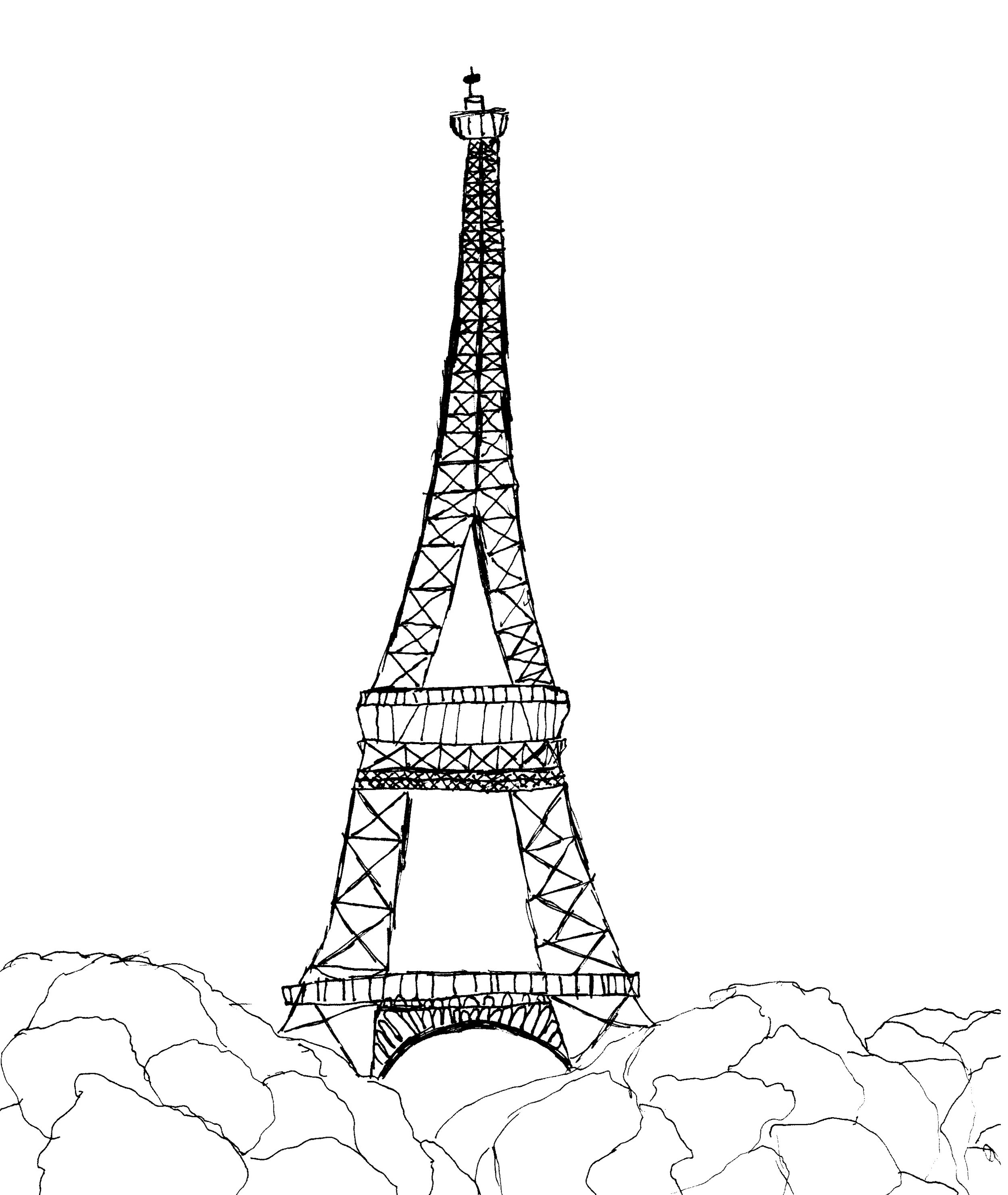Danone
The founder of Danone, Isaac Carasso (1874–1939) (c. 1920). Image credit: Here, Public domain, via Wikimedia Commons
Chances are that a modern household in Europe, North and South America, Australia, and much of Asia and Africa chooses and uses products from Danone S.A. Based in Paris, France and one of the French companies that comprises the CAC 40 stock market index, last year Danone generated approximately €27 billion of global revenue. The company’s beginnings share a few similarities with those of Nestlé, its industry neighbor to the east in Switzerland. Started by inspired immigrants who attempted to alleviate local health issues, both founders teamed up with like-minded partners and grew the companies beyond their home markets to offer a variety of foods, beverages, and nutritional products to consumers around the world.
In 1916, a forty-something doctor named İzak Karasu moved from Thessaloniki, Greece, then part of the Ottoman Empire, to Barcelona, Spain. He soon noticed the prevalence of gastrointestinal ailments among children and recalled that yogurt was often eaten as a remedy during his upbringing in the Balkans. The health benefits of lactic acid bacteria (lactobacillus) had been explored and supported by the work of 1908 Nobel Prizewinner Ilya Mechnikov (Élie Metchnikoff), a scientist whose research laid the groundwork for advances in immunology. Having modified his name to Isaac Carasso, the doctor began to import cultures and produce yogurt to sell through local pharmacies as a treatment. Carasso named his new enterprise Danone, a nickname that had been bestowed on his son Daniel.
Danone quickly achieved acceptance and commercial success in Spain. Meanwhile, its namesake completed business and bacteriology studies in France before joining the company and establishing a facility in Paris where the company moved in 1929. Its products were promoted as healthy and tasty, eventually expanding its sales through retail outlets in addition to pharmacies. Daniel Carasso moved the firm to New York after the Nazis invaded France, marking Danone’s first global expansion. He returned to France in 1951 and broadened the company’s reach by building manufacturing plants in other European countries and making complementary acquisitions, including that of Gervais, a leading French cheese producer.
A new chapter began in 1973 when Danone merged with BSN (Boussois-Souchon-Neuvesel), a major manufacturer of glass packaging that was vertically integrating by acquiring some of its food and beverage clients such as Evian, Kronenbourg, and Blédina. Antoine Riboud, founder of BSN, had garnered attention for a 1972 speech in which he stressed the importance of corporate social responsibility. Under his leadership, a portion of the main glass business was divested in 1979 in order to focus on acquisitions and international expansion that vaulted BSN-Gervais Danone into the ranks of the largest European-based food and beverage companies. The company established the Daniel Carrasso International Research Center in 1983 and soon extended its market reach into Eastern Europe, Asia, and Latin America.
Alpro plant-based products. Image credit: Photo by Cristi Ursea on Unsplash
Franck Riboud, the son of Antoine Riboud, became the CEO of Danone upon the latter’s retirement in 1996. He oversaw the streamlining of the multinational’s many business lines into three core areas of dairy products, beverages, and biscuits/cereals under the corporate name of Groupe Danone and sold off partial interests in the glassmaking operations. Danone’s corporate logo reflected its desire to promote healthy living through food by showing the silhouette of a child looking skyward at a star. Alongside its commercial activities, the company founded nonprofit Danone Institutes in France and several dozen other countries to disseminate nutritional knowledge among families and medical professionals and to promote the exchange of scientific information pertaining to health and nutrition.
As Danone evolved to serve its customers around the world, it targeted infant nutrition as a logical extension of its core businesses. The company’s product portfolio continued to grow through acquisitions as well as new initiatives arising from its research efforts. Today, Danone employs more than 100,000 people and distributes its products in over 120 countries with nearly two-thirds of its revenue derived from emerging markets. It continues to be a global leader in dairy and plant-based products, waters, and specialized nutrition ranging from early life to adult products. Household names within the Danone family include Dannon/Danone and Activia yogurts, Silk plant-based milks, Evian bottled water, and numerous local brands such as AQUA of Indonesia, Cow & Gate in the United Kingdom, and Salus of Uruguay.
The company’s mission to “Bring health through food to as many people as possible” has extended into sustainability efforts regarding climate, water, packaging, and agriculture. Harking back to Antoine Riboud’s 1972 speech that stressed the importance of balancing commercial operations with corporate social responsibility, Danone is a registered Certified B Corporation, a third-party designation that attests to the commitment and actions of an enterprise to adhere to a high level of social and environmental standards, organize its corporate structure to consider stakeholders besides its shareholders, and exhibit transparency with regard to its activities. It also aligns with United Nations Sustainable Development Goals in areas including good health and well being, reduced inequalities, and responsible consumption and production.
Jeu de français
Danone demonstrates that nourishing the world can be profitable, sustainable, and mutually beneficial among consumers, suppliers, employees, investors, and management. Practice or familiarize yourself with French words relating to nutrition in the following word search. (Note: ‘substiuts’ is inadvertently misspelled in both the clues and puzzle.)
Subscribe to our newsletter to receive Art de vivre posts, information about courses, Conversation Café, special events, and other news from l’Institut français d’Oak Park.



